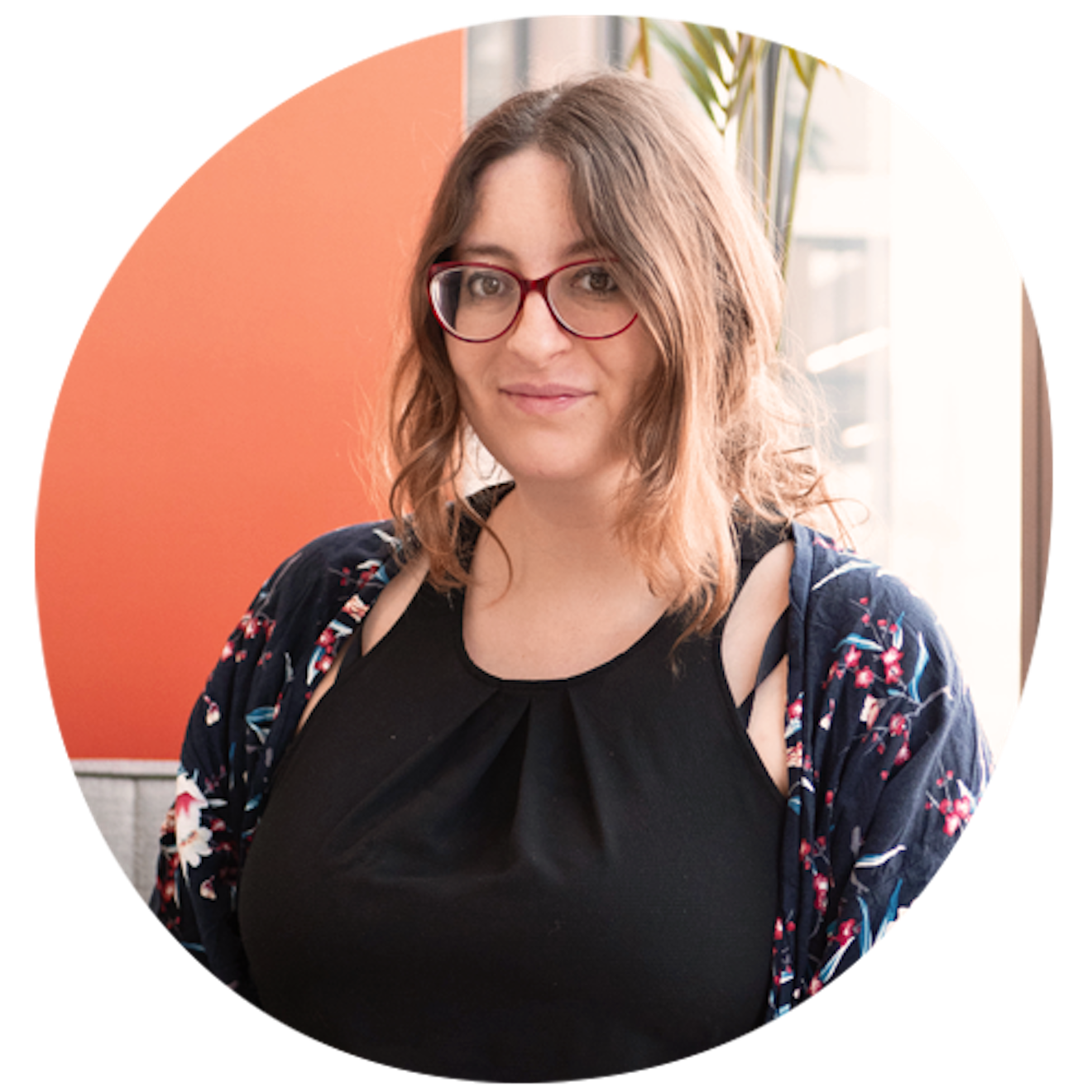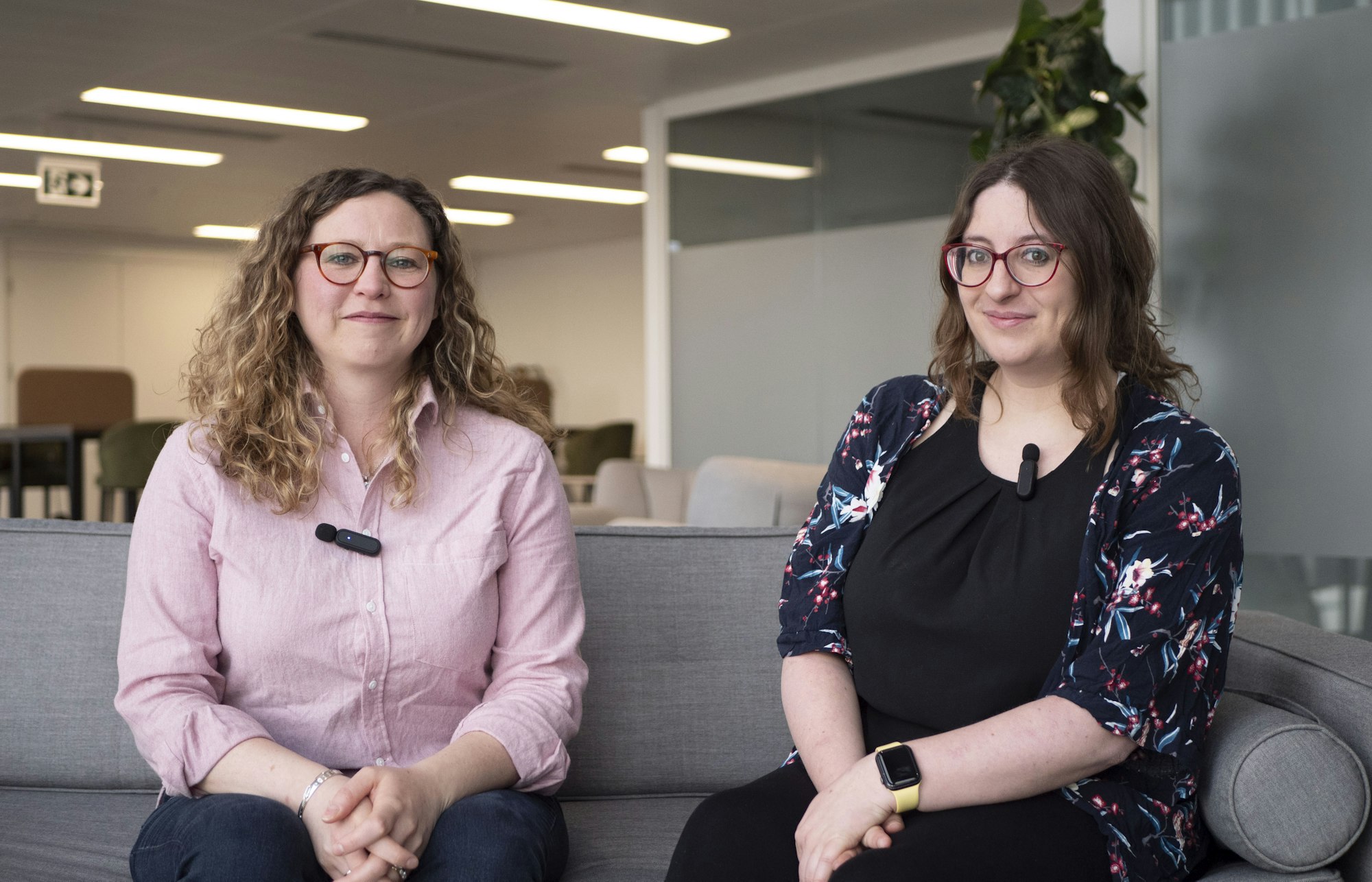Founder of Journo Resources Jem Collins

Meet Jem
As an organisation for the self-employed, the IPSE membership is full of inspirational stories and individuals. From the bravery of embarking on a freelance career, to overcoming challenges as a contractor, we want to share the knowledge and experiences of our members to help more people succeed in building their own careers and businesses.
We interviewed Jem Collins, Founder of social enterprise 'Journo Resources'. She discussed her experience of the journalism industry and why she ventured into self-employment. If the journalism industry motivates you then this is the interview for you.

Read the full interview
Hi I'm Jem and I run a social enterprise called Journo Resources, which supports people with getting into the profession and as they kind of progress in their careers. But by background, I am also a freelance journalist as well. So I write for various different outlets, anyone I can pitch to who will pay me.
If you could go all the way back to the beginning and give yourself one piece of advice all the things you've learned, what would it be?
I think definitely when to say no to work. I know it sounds maybe a little bit counterproductive, but I definitely remember, when I first started out in freelancing, I had this one period of about three weeks where I worked for 22 days in a row. I didn't want to say no because it felt like they were never going to commission me again. Which is a terrible mindset. So I think the second time around freelancing, I was like, right, we're going to nail this and have a better work life balance.
You won the IPSE Outstanding Freelancer of the Year Award 2023, well done!
Thank you so much, and genuinely, I was so excited to be the winner this year. This is actually the sixth time I'd entered the awards. Every year I've tried to grow and I've tried to develop and refuse to give up. So I just wanted to tell everyone, I think you only ever normally see the social media highlight where it's like, oh, you've won this award but actually it was from multiple attempts that I got there.
Did this passion come from your own experiences, or is it something you just saw that was quite a big issue within the sector?
So I guess a bit of both potentially. I actually first started Journo Resources after I was let go from my second job out of uni, I'd moved to London to work as a video journalist for a politics website. And after six months, they ran out of money, and I was like, oh gosh, how do I pay rent? And as someone from a working class, queer background outside of London, I never knew anyone who worked in the journalism industry, I was just like, where do I start? And I couldn't really find any of the resources that I was looking for and after not finding anything, I was like, well, I guess I'll just make some of this stuff myself.
Your pitch library is brilliant! Is there a piece of advice you would give to aspiring journalists to help turn their sort of nearly perfect piece into something that's actually going to secure the work?
Well, firstly, thank you. This is maybe a bit of a plug, but do either go and have a look at that pitch library or speak to people who have sent pictures in because they may have work. There are other resources like ours as well. I think there's a website called successful pitches. If you reach out to other freelancers, just see if you can have a look and see how that flows on the page. And I think that gives you a real sense of what should be expected.
The second thing I would say is actually just being persistent when you get a no. We've had some really interesting chats with both editors and freelancers over the past years, where I think sometimes people send content to an editor, they say no, and you're like, oh, gosh, I'm never pitching them again. And actually editors maybe passed over this because of the budget at the wrong time, etc. And people very rarely do that persistent pitching. If you're showing up every month, coming with another great idea, then eventually you're gonna get a yes.
How would you recommend formatting a pitch to an editor?
I think, look at examples of the successful pitches that we have, or if you just take a selection, you can see that there's such a huge variety of the way people put that together. There is a preference in the narrative of some and they may be done in a certain way, and it's difficult to kind of know that until you've actually pitched it. I think the main thing is just making sure you've put the most interesting idea first.
You made the decision to only list jobs on your jobs board with a visible salary. Can you tell us more about that?
It's a disadvantage to people from marginalised or underrepresented communities if you don't have that information, you don't know what to ask for, and it's just a waste of everyone's time. You know when you're applying to something, and then later down the line you realise the salary isn't appropriate then that's everyone's time wasted. So for us, that was really important. I would definitely be richer if we hadn't ever taken that stance.
In the early days of doing this, many would turn down listing with us due to the salary transparency. But interestingly now we've been doing this about 5 years, we do command a bit more authority now. There are bigger names listing on the site, which I'm proud of.
Do you find that by publishing the salaries on your site, it's actually helping women or people from disadvantaged or poor backgrounds, go in and negotiate much fairer pay?
We have a big database of freelance rates for just this reason. On an anecdotal level, we often see conversations about that. We've got a community forum, a discord, and people will say, 'actually, I got offered this, but then I knew that this wasn't right' and so they'll be able to go back to people and say, 'I know you paid this before'. So we've had some real kind of case studies of people who really have success there.
What made you set the fellowship up and are there any major success stories that have come from it?
Yeah, so our fellowship is for emerging journalists. That could be the age that you have just left school or it might be that you're 55 and you want a career change, but you've never written journalism before. It came about in 2020 because I think this trend has been growing for a while, but I was more acutely aware, because of the pandemic, lots of people were about to embark upon a career in journalism, and there wasn't really many opportunities, but then more and more people were thinking about freelancing as a result. And as someone who got kind of thrown into freelancing myself, I think that can feel quite isolating when you're just starting out, and sometimes you don't even know about communities or support networks out there.
If you're thinking about starting out in freelancing, we're going to give you your first commission. You're going to write something for us, it'll be professionally edited, you get some mentoring, some workshops, and then you're on your way. I'm just really proud of everyone that we've had through the scheme. So we've had some real successes. Some have gone on to full time jobs. We've got people who are working at the FT, the BBC, The Guardian, all of those kind of places. It's been great to see.
Do you have any advice for those having a bad day, that might help them get that win or just hopefully make it through to tomorrow?
Firstly, it's absolutely okay to take a nap in the daytime. I think sometimes we can put the pressure on ourselves to get things done even when it's not been productive. Actually being freelance, you have the freedom to get yourself out of that headspace. So whether it's taking a walk or going for a swim, actually give yourself a break if you're having a bad day. We sit here and slog and just get into a pit of despair about this when we could just take some time out, reset, come back to it tomorrow.
Secondly, the social media edit that you see is very rarely real, and especially in journalism. You see these writers who post their amazing stories but they've only posted three stories this month so how are they surviving off this? Whereas the reality is the majority of freelance journalists are probably mixing that up with some other stuff. They might be doing shift work. I used to do a lot of social media consulting and I currently do workshops and events. So there's a load of stuff that I do that actually pays the bills that you probably don't see if you look on social media.
Somebody said a few years ago that actually one of the things they love most about self employment is they have their core day job, but actually there's a whole portion of their time that they're actually trying out different careers or slightly different expertise. So they've got this bag of skills so then if something like the pandemic happens, or work dries up, they can kind of pick that up and actually they become more stable than a PAYE person who has one job and one salary.







